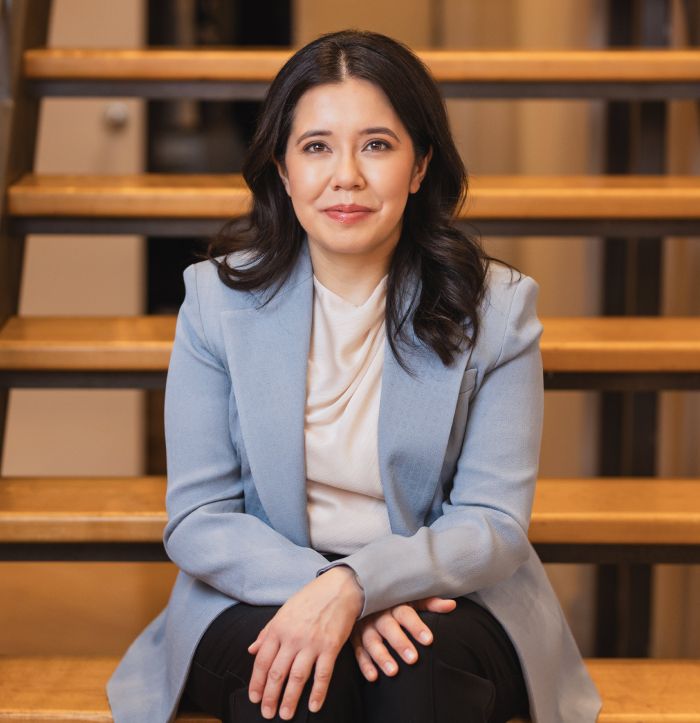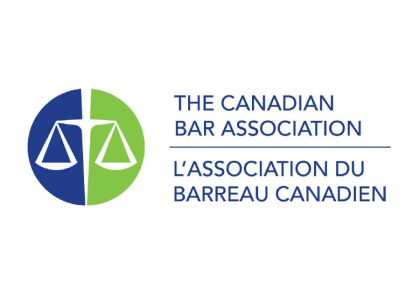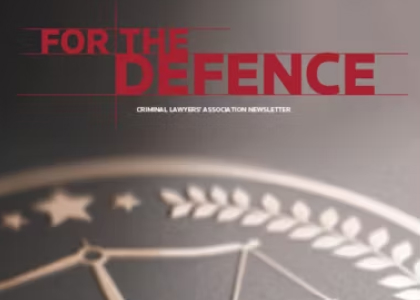If you have been charged with a crime, it is important you get legal counsel immediately. Contact Us Now.
Contact
488 Wellington St. W., Suite 500 Toronto, Ontario M5V 1E3
Connect with us







